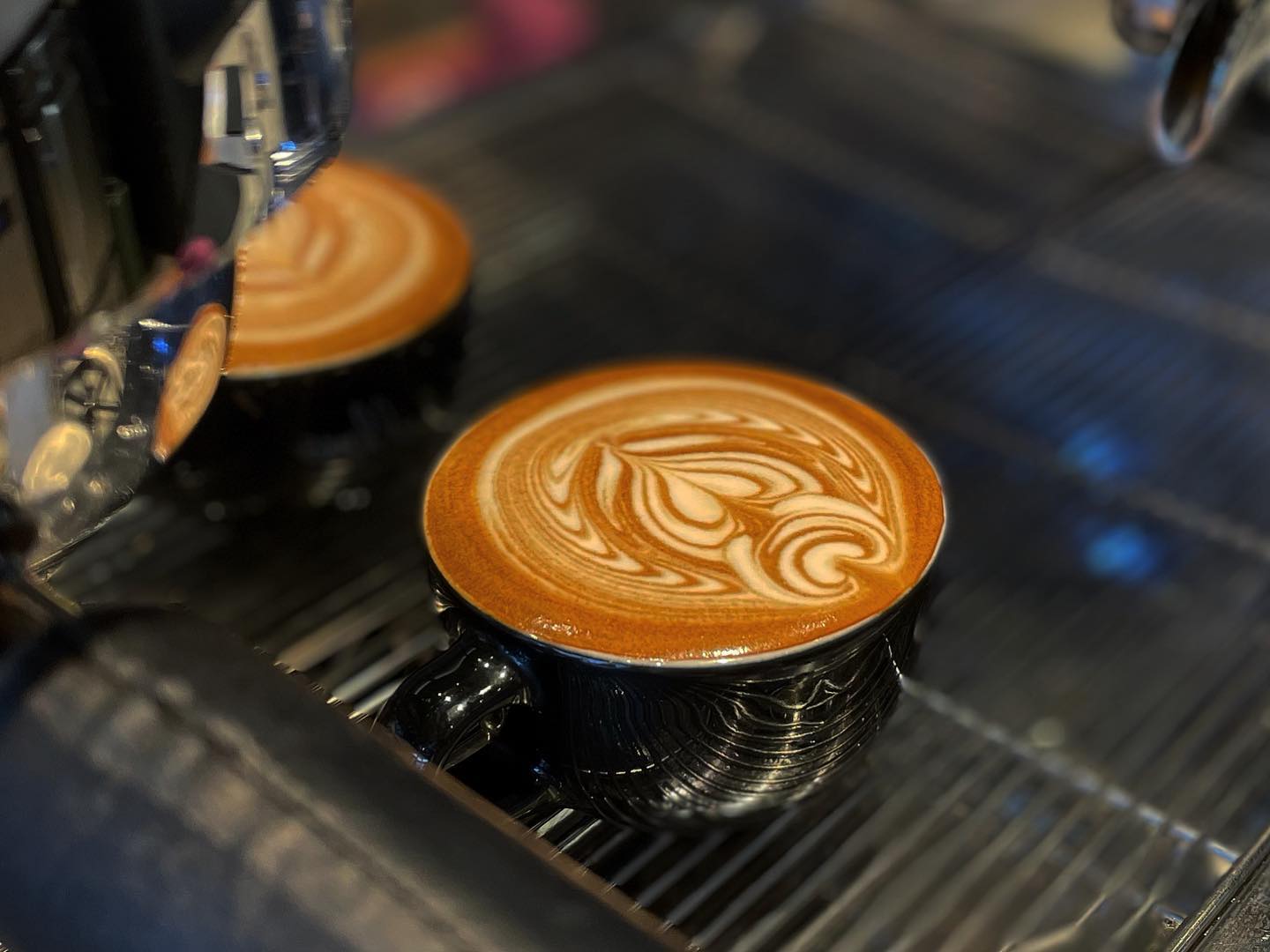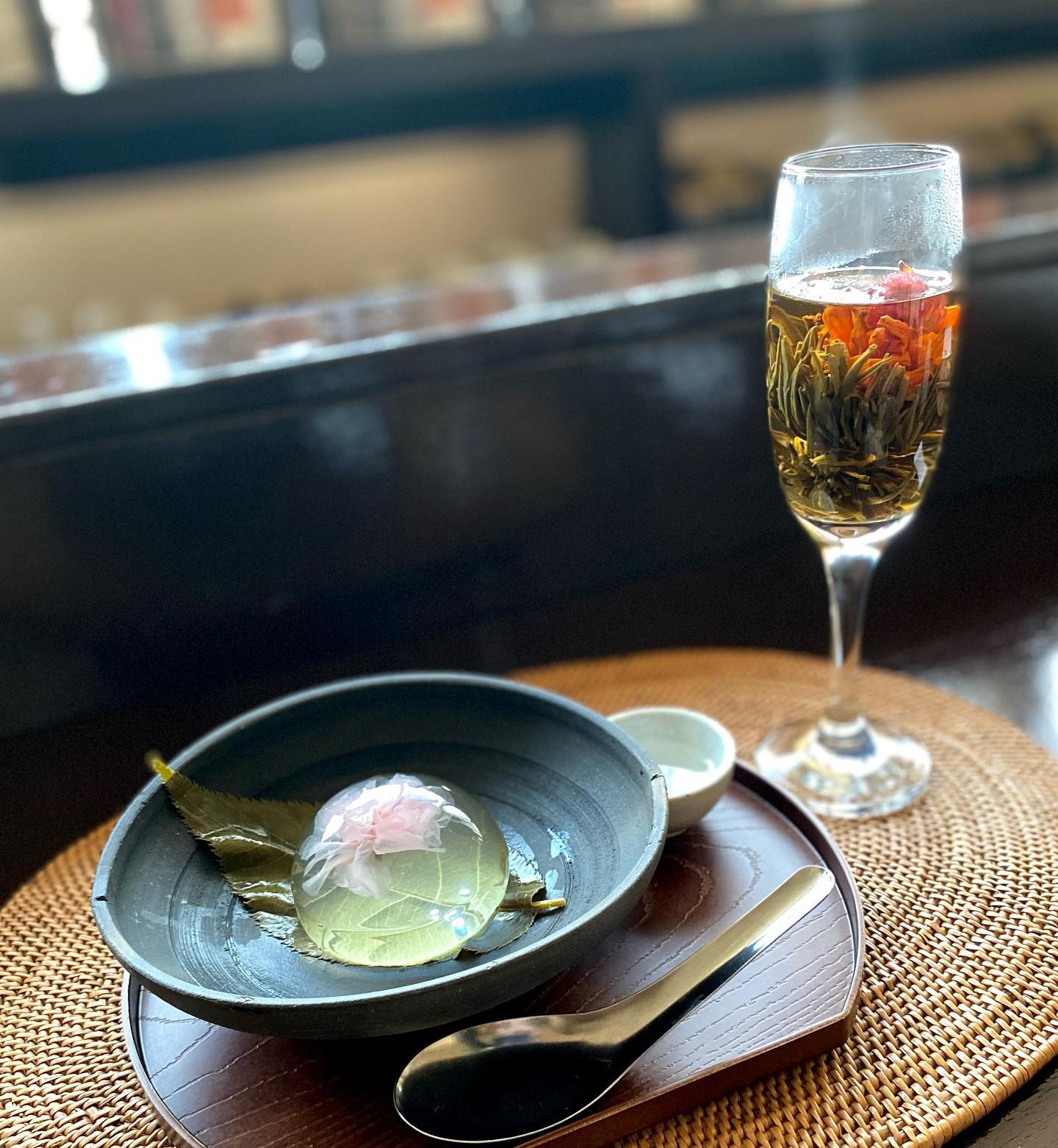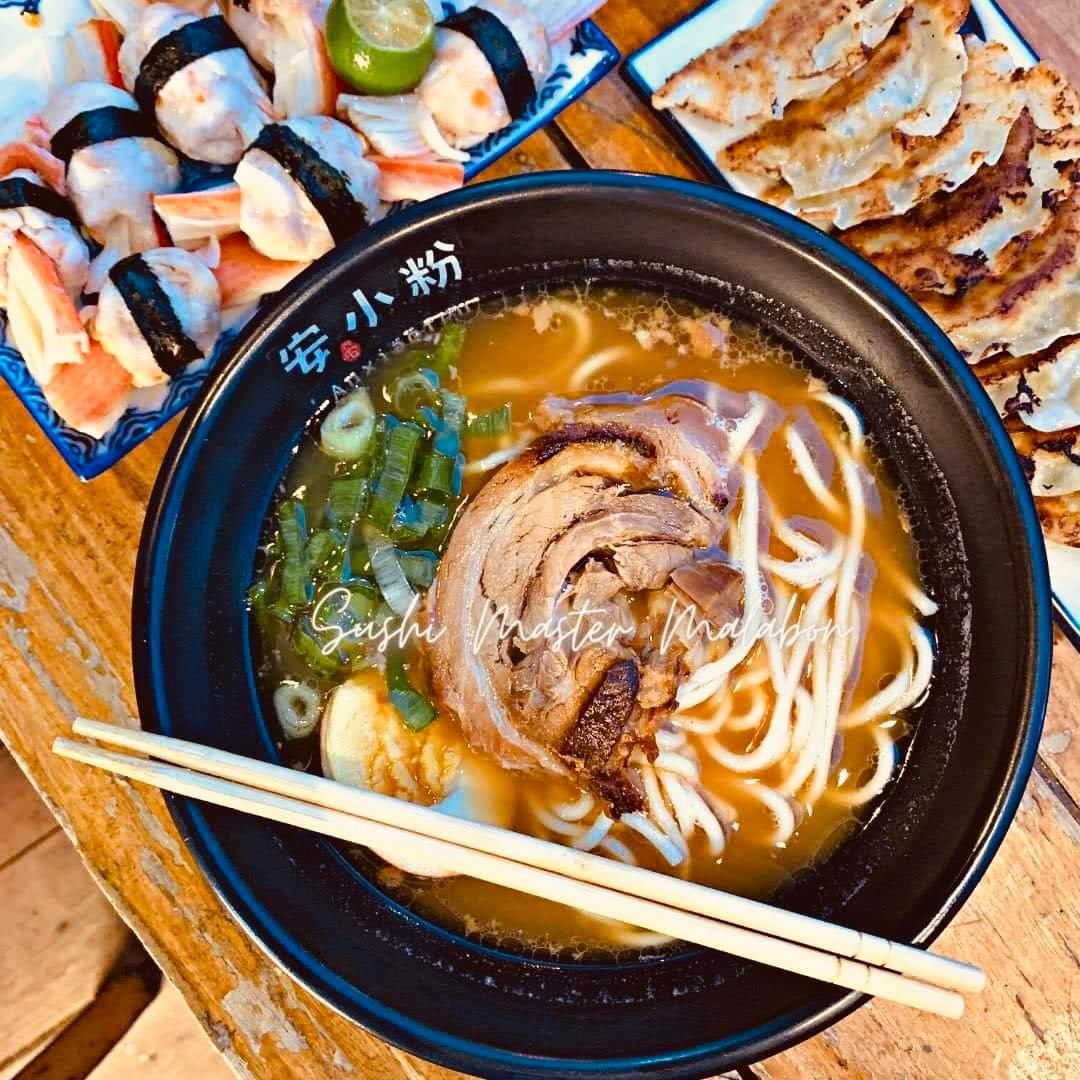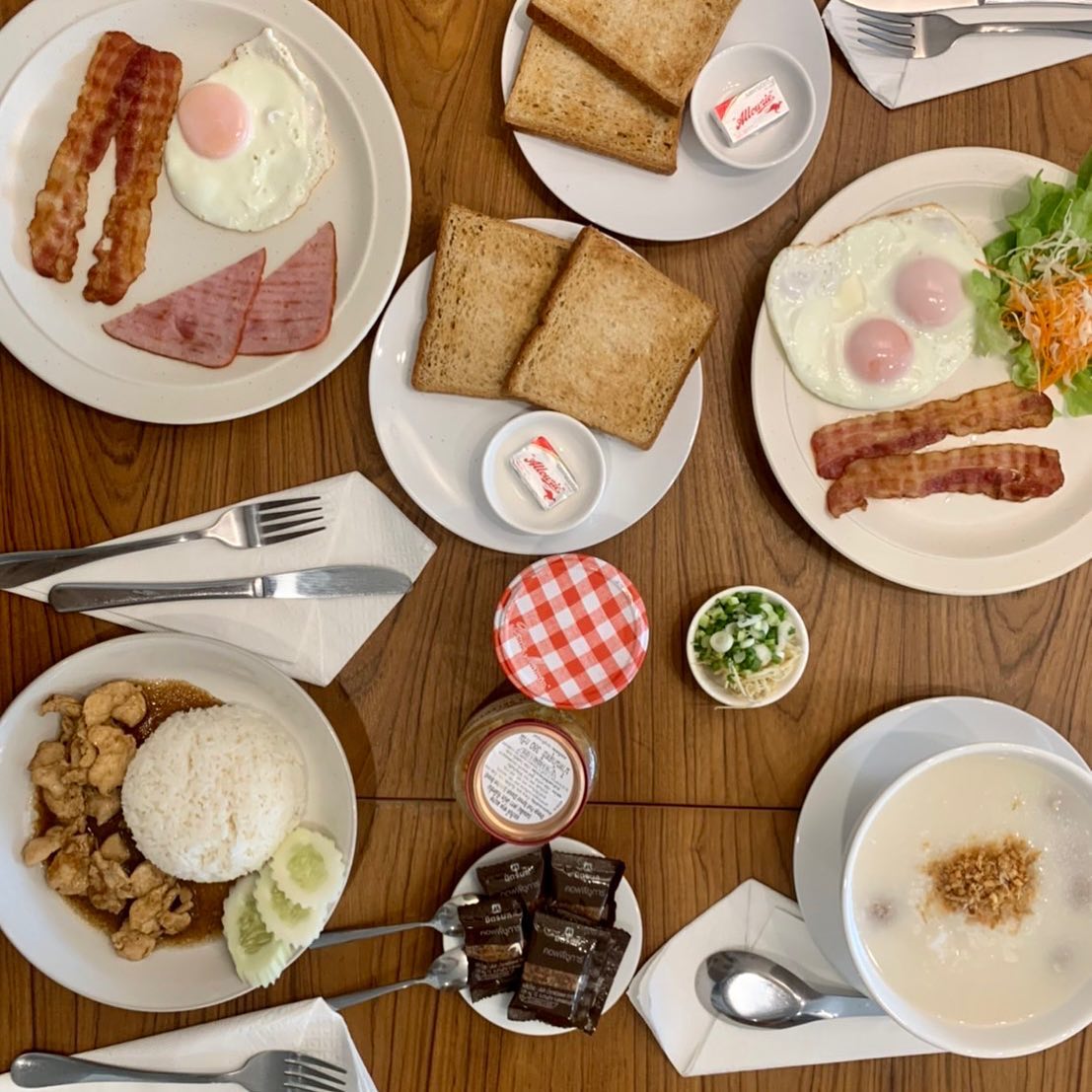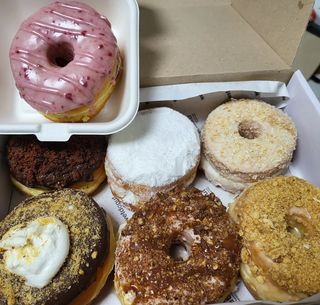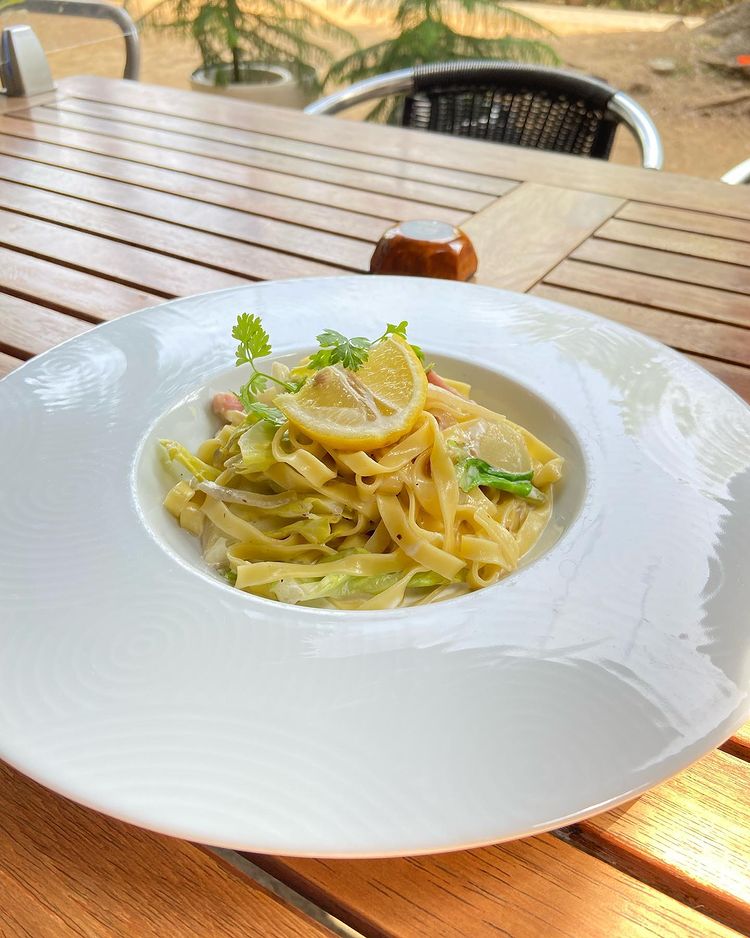There’s nothing quite like the aroma of freshly brewed coffee in the morning, but what do you do when your cup of joe just doesn’t taste the way you expect it to? If your coffee is too bitter, too weak, or off in some other way, you might be making one or more common mistakes. The good news is that these issues are usually fixable with a few simple adjustments to your brewing process.
If you’re tired of trying to figure out why your coffee doesn’t taste quite right, let’s break down the most common reasons and how to fix them. Whether you’re brewing at home or at your favorite café, we’ll help you brew the perfect cup every time.
Old or Stale Coffee Beans
Why It Affects Taste:
Coffee is best enjoyed fresh. If your beans have been sitting on the shelf for weeks or months, they’re likely stale, which can result in flat, lifeless coffee. Oxidation over time causes the delicate flavors and aromas to degrade.
How to Fix It:
Always buy fresh coffee beans from a reputable roaster. Look for beans with a recent roasting date (ideally no more than 2-3 weeks old). Store your coffee beans in an airtight container in a cool, dark place, and grind them just before brewing to preserve their flavor.
Read More About: Berry Cobbler Cappuccino
Incorrect Coffee-to-Water Ratio
Why It Affects Taste:
Too much coffee leads to overly strong, bitter brews, while too little can leave you with a weak, watery cup. The correct coffee-to-water ratio is crucial for balancing flavor.
How to Fix It:
A general rule of thumb is to use about 1 to 2 tablespoons of coffee per 6 ounces of water (depending on how strong you like it). For more accuracy, you can use a kitchen scale, aiming for a 1:15 to 1:18 ratio (1 part coffee to 15-18 parts water). Adjust based on your taste preference.
Also Know About: Chill Out with Irresistible Frappes
Water Quality and Temperature
Why It Affects Taste:
Bad water can ruin a good cup of coffee. Tap water with too many minerals or a strange taste can impact your coffee’s flavor. Likewise, brewing at the wrong temperature can under-extract or over-extract the coffee, leading to bitterness or sourness.
How to Fix It:
Use clean, filtered water to brew your coffee. If possible, avoid water that has a strong taste or odor. The ideal brewing temperature is between 195°F to 205°F (90-96°C). Too hot or too cold water can result in poor extraction, so make sure your water is in that sweet spot.
Checkout: Top 5 Coffee Shops in Rhyl
Grind Size Issues
Why It Affects Taste:
Grinding your coffee beans to the right size is essential for proper extraction. If your grind is too fine for your brewing method, it can lead to over-extraction and bitterness. If it’s too coarse, the coffee may taste weak and under-extracted.
How to Fix It:
Different brewing methods require different grind sizes. For example:
- Espresso: Fine grind
- Pour-over: Medium grind
- French press: Coarse grind
Adjust your grind size to match the method you’re using, and always grind your beans just before brewing for maximum freshness.
Brewing Time and Technique
Why It Affects Taste:
Brewing time plays a significant role in the flavor of your coffee. Too short a brew time results in weak coffee, while too long can lead to bitterness and over-extraction. The way you brew (pour-over, French press, espresso) also impacts the final taste.
How to Fix It:
- Espresso: Brew for 25-30 seconds.
- Pour-over: Pour water slowly over a 3-4 minute period.
- French press: Steep for 4-5 minutes.
Make sure to follow the recommended brewing times and methods for your coffee maker. Experiment with small adjustments to find the perfect balance.
Contaminated Equipment
Why It Affects Taste:
Coffee oils and grounds can build up on your equipment over time, leading to a rancid or bitter taste. Even a small amount of leftover residue can affect the taste of your coffee.
How to Fix It:
Regularly clean your coffee maker, grinder, and any accessories like milk frothers. For drip machines, clean out the filter basket and carafe. For grinders, remove old coffee grounds and wipe down the burrs. A deep clean every few weeks will keep your equipment in top shape.
Type of Coffee Bean or Roast
Why It Affects Taste:
Not all coffee beans are created equal. The origin, variety, and roast level of your coffee can drastically impact the flavor profile. If you’ve been brewing with low-quality beans, it’s no surprise that your coffee tastes off.
How to Fix It:
Try experimenting with different types of coffee beans. Lighter roasts tend to have more acidic and fruity flavors, while dark roasts are richer and more robust. If you haven’t yet, explore single-origin coffees from different regions to find a flavor profile you love.
Over-Roasted or Burnt Coffee
Why It Affects Taste:
Coffee that is over-roasted or burnt can develop bitter, ashy flavors that overpower the natural coffee notes. This can happen if you use dark roasted beans or if your brewing method causes overheating.
How to Fix It:
Opt for medium roasts if you want a more balanced flavor. If you’re using dark roast beans, be mindful of your brewing time and temperature. Avoid over-extracting your coffee, as it can bring out those undesirable bitter flavors.
Read: Chill Out with Refreshing Iced Coffees at Parveen Coffee
Conclusion
A good cup of coffee is a delicate balance of factors, and even the smallest mistake can affect the final taste. By addressing these common issues—such as stale beans, incorrect ratios, poor water quality, or a dirty coffee maker—you can easily fix most coffee-related problems and enjoy a rich, flavorful cup every time. With a little attention to detail and the right techniques, you’ll be brewing like a pro in no time!
Frequently Ask Questions (FAQ’s)
Bitter coffee can be caused by over-roasting, over-extraction (brewing too long), or using too fine a grind. Adjust your grind size, brewing time, and coffee type to fix this.
Weak coffee often results from using too little coffee, too coarse a grind, or under-extraction. Ensure you’re using the right coffee-to-water ratio and the correct grind size for your brewing method.
Stale coffee beans lose their aroma and flavor. Fresh beans have a strong, aromatic scent. If your coffee lacks flavor or tastes flat, it’s probably time to get a new batch.
Store coffee beans in an airtight container in a cool, dark place. Avoid exposing them to air, light, or heat to preserve their freshness for longer.
A general guideline is a 1:15 to 1:18 ratio (1 part coffee to 15-18 parts water). Adjust based on your taste preference, but make sure you’re not using too much or too little coffee for the best flavor.
